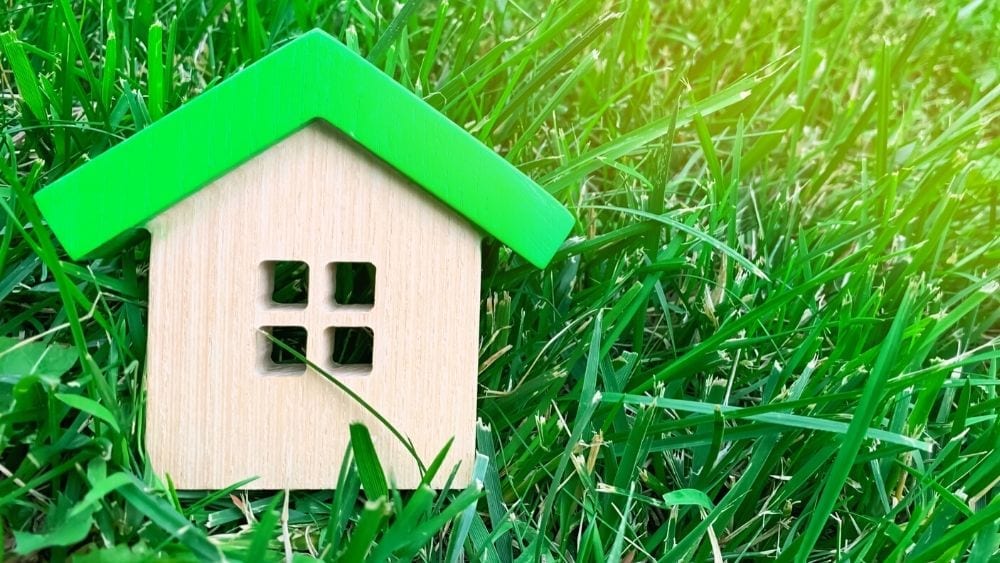With the rollout of vaccines worldwide, more people are beginning to make the transition back to the office. However, several individuals are still working and learning from home — some temporarily, while others permanently. Spending most of our days at home can take a toll on our physical and mental well-being; it can also significantly affect our energy usage, causing our energy bills to increase.
All electrical appliances — from the washing machine to the television to even your phone charger — make use of energy. With this in mind, you might think that the only way to become more energy efficient is by using less energy. While this is true, achieving energy efficiency at home is more than just using less energy; it also requires you to become aware of how much energy you use, where you waste it, and how you can use it more effectively and efficiently every day. Fortunately, doing this doesn’t have to be difficult. Even simple tasks like home maintenance and cleaning can help you save energy.
To help you lower your energy bills at home, whether or not you work remotely, here are a few tips to get you started on your road to energy efficiency.
Table of Contents
Air-Dry Your Laundry
Depending on your dryer’s wattage and model, using it can cost you 24 cents to almost a dollar per hour. You can reduce your energy usage by giving your dryer a break and drying your laundry on a clothesline instead. Doing this will not only keep your energy usage at bay, but it’s also more gentle on clothing. In addition, it allows you to get a good workout in, with the amount of squatting and stretching you’ll be doing.
If you have to use your dryer, consider using it in the evening to keep from making your home too warm and having to adjust the thermostat. You can also reduce the drying time.
Clean Your Appliances
Most people aren’t aware that dust and other debris can affect the energy and efficiency of appliances. If left unchecked, it can even damage electrical equipment when dust, which contains moisture or oils, acts as an electrical conductor and shorts the chips or wires found inside. For bigger appliances, on the other hand, dust can negatively impact your appliances by blocking the conduction of heat, making your appliances work harder. This will not only increase your energy usage but will also shorten the life of any electrical appliances you leave uncleaned.
Make sure to clean out any dust or debris you find on the coils, vents, and grates of appliances like dishwashers, refrigerators, washing machines, and even exhaust vents to improve your home’s energy efficiency. This also includes removing any buildup from your dryer filter.
Use a Ceiling Fan
Your ceiling fan runs both clockwise and counter-clockwise, but you might not be sure exactly what these features are for. Depending on the season, you’ll want to set your ceiling fan to run clockwise or counterclockwise. For instance, switching it to rotate clockwise creates an updraft that keeps your home warm in the winter. On the other hand, switching to rotate counter-clockwise allows the air from underneath your ceiling fan to create a wind-chill effect, cooling down your home in the summer.
Check on Your A/C
No one likes feeling hot and humid during the summer, especially when you’re inside your own home. Before you put your A/C on blast, make sure that it’s running properly and that you’ve already cleaned your filters. Dirty filters can increase your energy consumption, so have them replaced at least every two months. It’s also important to have your air conditioning regularly serviced, so you won’t have to worry about it breaking down or having problems when you need it the most.
Properly Insulate Your Home
Insulation is an important part of keeping your home energy efficient. Small holes, cracks, and other openings can allow air to pass in and out of your home, which not only makes your heating and cooling system work harder but also increases your energy usage.
Sealing these air leaks with insulating materials can help you keep cool air inside and hot air outside during the summer and vice versa during the winter.
In addition, it prevents the appearance of mold, which can damage the interior of your home if left unchecked.
Creating a more sustainable home may seem daunting and costly at first glance, but you’ll find that these small steps make a big difference in the long run. Not only will you reduce your energy usage and carbon footprint, but you’ll also keep your energy bills at bay.

